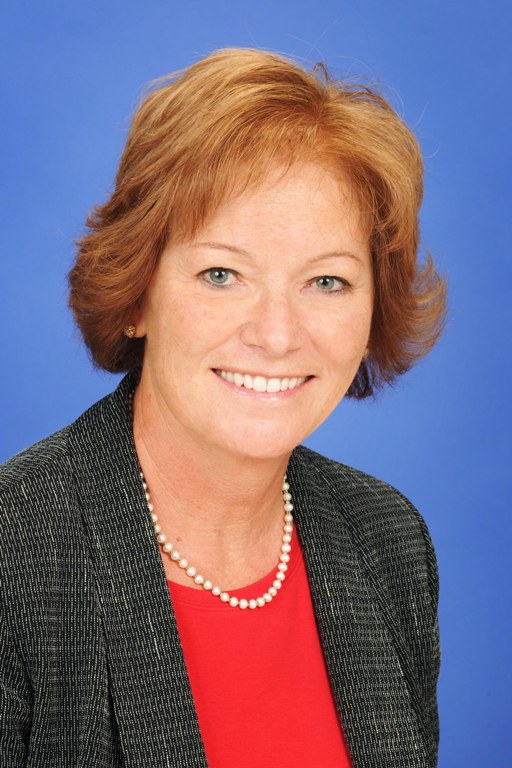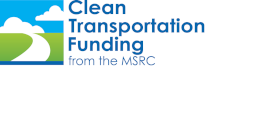
Tanya Love, the Vice Chair of the MSRC's Technical Advisory Committee (TAC), didn't know how exciting a career in transportation could be when she first started as a consultant for the Riverside County Transportation Commission (RCTC) in the early 90s. Nearly two decades later, she's never looked in the rear-view mirror.
Tanya began her career in transportation serving as consultant staff to the RCTC's commuter assistance program. "I sort of stumbled into transportation," Tanya said. "I went to school a little later in life and when I graduated, the economy was really flat. Luckily, I knew someone who was consulting for RCTC and I went to work for him. So, I didn't set out to work in transportation, but it has proven to be interesting and challenging for me."
She joined the RCTC staff in 1998 as the Transit Program Manager. In recent years, the RCTC has focused more on goods movement and Tanya became the Goods Movement Program Manager in 2007, a new position created within the agency to lead its good movement projects.
Riverside County has been characterized as the inland gateway for goods movement. In 2003, more than 104 million tons of freight passed through Riverside County via rail and truck. "There are major problems that stem from goods flowing through our area to points beyond," Tanya noted. "Riverside has 61 at-grade crossings, meaning that rail traffic and vehicles meet at the same junction rather than having the rail line pass over or under the vehicle traffic."
Tanya explained how local residents are suffering because there are no grade separations to alleviate this congestion. "Rail has priority, so residents have to wait in traffic and are subjected to long idling times, which increases air pollution." Some delays can exceed twenty minutes, as some trains can be more than a mile long. The average crossing is blocked nearly two hours in total each day.
Goods movement is still a priority for the RCTC even though the economy has weakened. "We recognize that from a jobs perspective, goods movement is important because logistics related to goods movement brings a lot of jobs, and a lot of our residents are employed in these types of positions," she explained. "We are working to balance the needs of the goods movement industry with the need to mitigate the negative impact on air quality from waiting in traffic that comes with the goods movement process."
Luckily, with Tanya leading the charge, the RCTC is actively working on these issues. She helped secure $167 million in State Prop. 1B funding to construct 12 grade separations throughout the county as well as an interchange project. This funding allocation was based upon RCTC's 2008 Grade Separation Funding Strategy, which she developed.
In addition to her goods movement responsibilities, Tanya is involved in the management of other regional projects for the RCTC such as writing the annual report, creating marketing and outreach materials, and working to secure federal funding for the agency, including a recent TIFIA (Transportation Infrastructure Finance and Innovation Act) loan for the 91 Freeway Corridor Improvement Project.
Tanya joined the TAC as an alternate a few years before she became the RCTC representative in 2009, and became Vice-Chair at the end of last year. "The TAC runs like a well-oiled machine," she remarked.
As for the MSRC itself, she sees it as being special among other organizations working on transportation issues because of the partnerships that are formed. "The agencies on the MSRC work together as partners and are really interested in what others are doing in their backyards. The Committee brings together the various counties so we can work together on regional issues," Tanya said. The MSRC's funding goals also make it stand out from the rest. "Funding is based on geographic minimums so it's not just the bigger counties that get all the money - it's distributed equitably."
Tanya looks forward to what new and innovative ideas the TAC and the MSRC will develop next. "I'm really interested in the MSRC's upcoming annual retreat and anniversary celebration. Since it will bring together lots of people involved with the MSRC, both past and present, it will be great to get all that brain power in one room to see what new ideas we can come up with."
